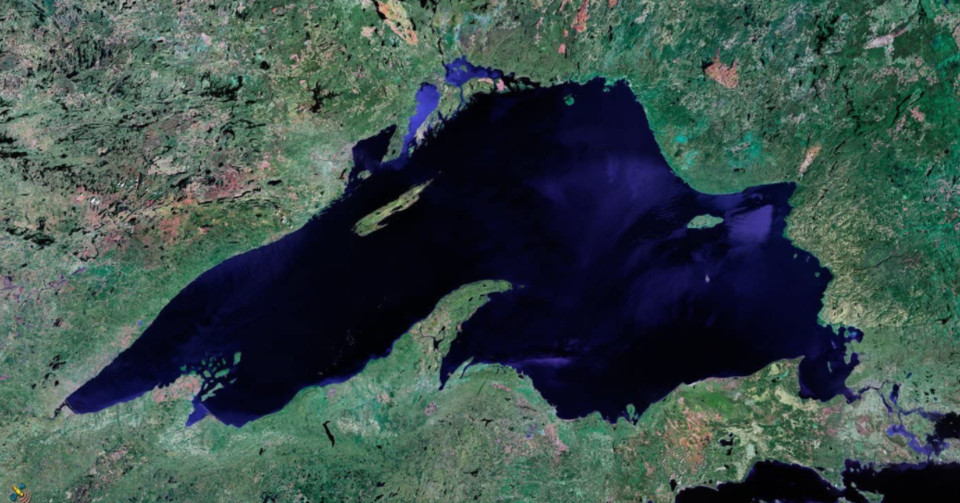THUNDER BAY — Lakehead University has announced the launch of the Lake Superior Climate Action Field School, in cooperation with three other schools on both sides of the international boundary.
This August, the field school will train a diverse group of what an LU news release describes as future regional and national climate leaders.
Instruction will be provided through an experiential program of virtual workshops, community site visits and events in coastal communities in the Lake Superior watershed.
Lakehead's collaborators include Algoma University of Sault Ste. Marie, the University of Minnesota Duluth, and Michigan Technological University in Houghton.
Community partners of the Lake Superior Living Labs Network will also participate.
Lindsay Galway, associate professor in LU's Department of Health Sciences, said "Our goal is to connect, learn with, and inspire emerging leaders and their communities to catalyze climate action across the Lake Superior watershed."
Galway – who's also Lakehead's Canada Research Chair in social-ecological health – is co-principal investigator for the project along with Charles Levkoe, associate professor in the Department of Health Sciences and Canada Research Chair in sustainable food systems.
The field school will be implemented using a hybrid virtual and on-site model that includes hubs in Thunder Bay, Sault Ste. Marie, Duluth and Houghton.
Participants in each hub will meet in person daily, conduct independent site visits, digitally document their experiences, and connect to share across hubs virtually in workshops.
Students will be connected with 24 "climate leaders" at the forefront of community-based climate action initiatives in the Lake Superior region.
Following the field school, researchers will host a series of public events between September 2021 and March 2022, to raise awareness about climate change and climate action.
In its statement, Lakehead said the team will also disseminate a series of tools "to catalyze and enable community-based climate action," including a video series documenting knowledge and activities from the field school, a digital Lake Superior climate action storyboard, and 14 workshop modules to be shared with community groups.
The outcomes will also be posted on the Living Labs Network website.
The field school is open to individuals 18 years and older.
Details about the application process will be provided on the website.
The project is funded with a $135,000 grant from Environment and Climate Change Canada.
